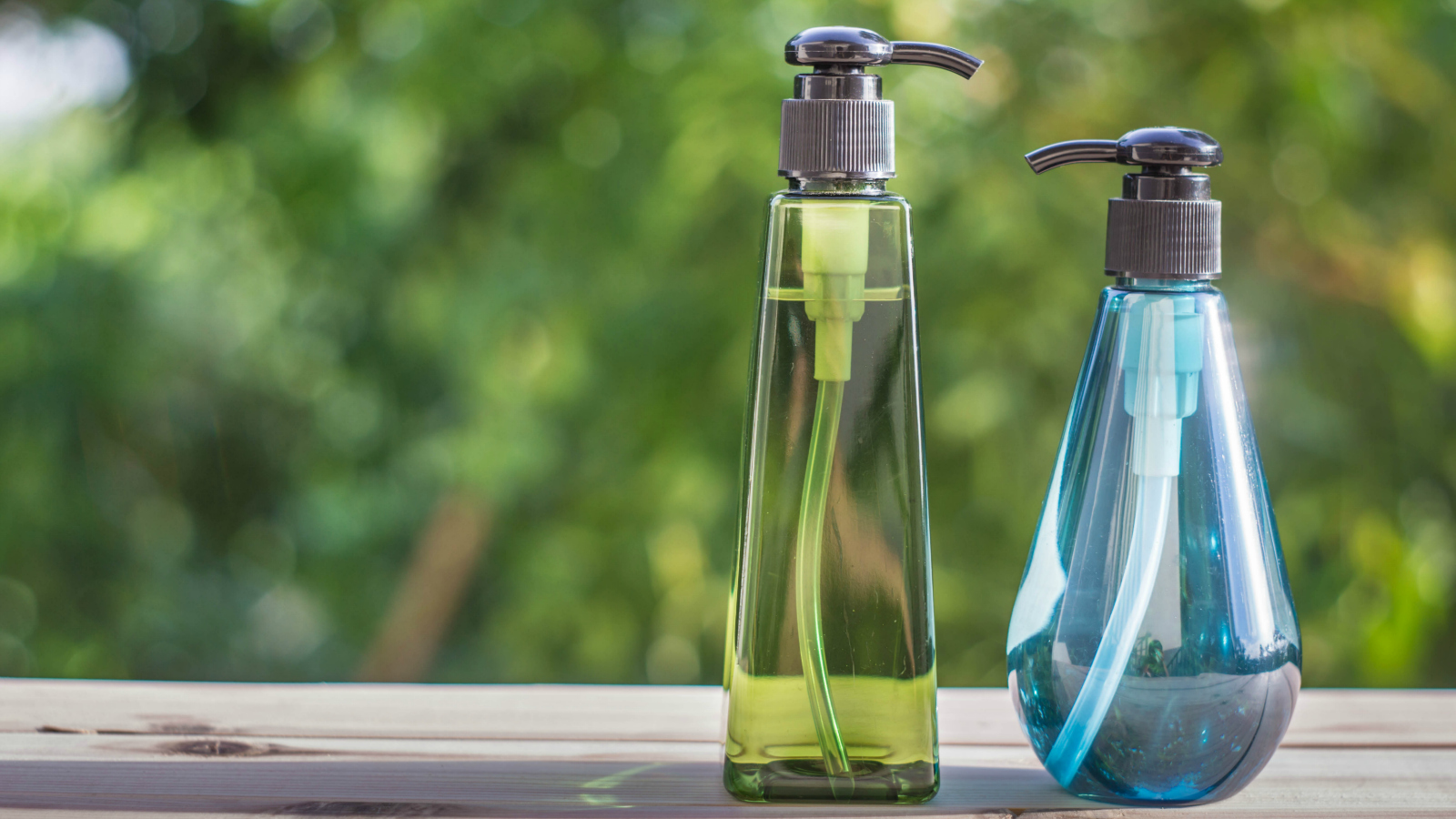Q. Dear Umbra,
The microbeads issue has me wondering if silicone-based personal lubricants may pollute water. Any idea?
Patrick
New York, New York
A. Dearest Patrick,
I’ve been asked many a question about personal lube, but up ‘til now, the curiosity has always been about health effects: Is the slick stuff safe for me and my partner? And while this is an important and worthy question, I applaud you for taking it one step further and considering the effects your bedroom activities may have on the ecosystem as a whole. That’s the kind of consideration and caring that I’ll bet make you a popular date indeed.
I’ve peeked under the covers of the lube market, and first, the good news: Lube doesn’t appear to be associated with the kind of plastic microbeads from soaps, face scrubs, and toothpaste that are piling up in our waterways. (Which makes sense — after all, exfoliation isn’t exactly a desirable side effect for this kind of product.) But lube isn’t squeaky-clean, either, Patrick.
Let’s start with the silicone itself. Silicone-based lubes are derived from the element silicon plus oxygen, better known as silica (a building block of sand). Some people like them because they’re long-lasting and hypoallergenic; others don’t because they’re messy to clean up. Lube is only one of many places you might find silicone, by the way: It’s also a common ingredient in shampoos, hairstyling products, deodorants, and lotions. (Look for silicone’s aliases on ingredient lists: dimethicone, cyclomethicone, and anything ending in -siloxane.)
Whatever produce they’re in, scientists are concerned about certain types of silicones because they’re bioaccumulative — that is, they build up in the environment. Recent research even detected them hanging out in soil, plants, and krill all the way down in Antarctica. All this raises troubling questions about exactly what effect the chemical is having on the ecosystem (as well as on those of us higher up on the food chain). The answer? We dunno. Some, including Canada’s environment agency, suspect silicones (like this and this) are environmental toxins, but nobody’s sure yet.
On top of that, lubes may also contain parabens, a common preservative. And not only can these chemicals irritate the skin (talk about a mood killer), but they’re also suspected endocrine disruptors — they may meddle with hormones, in other words. Data on exactly what health effects they have on us, and in what concentrations, are murky. But some parabens are banned in consumer products in the European Union, and there’s evidence they affect aquatic life.
Disturbed? It gets worse. This mirrors a broader problem emanating from the slew of potions, powders, and other prettifying products we collectively slather on our bodies every day. Pharmaceuticals, cosmetics, and other personal care products often contain “contaminants of emerging concern,” or CECs, many of which are known or suspected endocrine disruptors. Eventually, these chemicals migrate from our bodies into the water supply via our showers, sinks, and sewers, where they may or may not be significantly harming aquatic critters. To wit: Studies have found that fish and frogs exposed to CECs displayed gender-bending characteristics and DNA damage. Consider that these chemicals also turn up in our drinking water — the EPA has detected more than 100 different pharmaceuticals and personal care products during sampling — and you can see where the “concern” part of CEC comes from.
You asked me a simple bedroom question, Patrick, and I’ve gone and dragged the contents of the bathroom in as well. Perhaps I’ve even made you want to toss your bottles out the window and switch to nothing but pine tar for all your grooming needs. I do usually counsel the “better safe than sorry” approach, so I would understand the impulse. But I don’t want you to freak out, either. Shielding ourselves from every questionable substance in this mixed-up, crazy world is impossible. What we can do is limit the total number of products we apply to our skin, hair, and nether regions: Less is more. And we can choose more natural, less toxic formulas for the products we do use. As ever, I highly recommend the Environmental Working Group’s database to sniff out the best of the best.
And lest you think I’ve been slippery in dodging your original concern: If silicone, specifically, worries you, you might be interested in trying some of these more natural lube options. Because “better safe than sorry” is just as important in matters of love as it is in matters of water quality.
Frictionlessly,
Umbra




